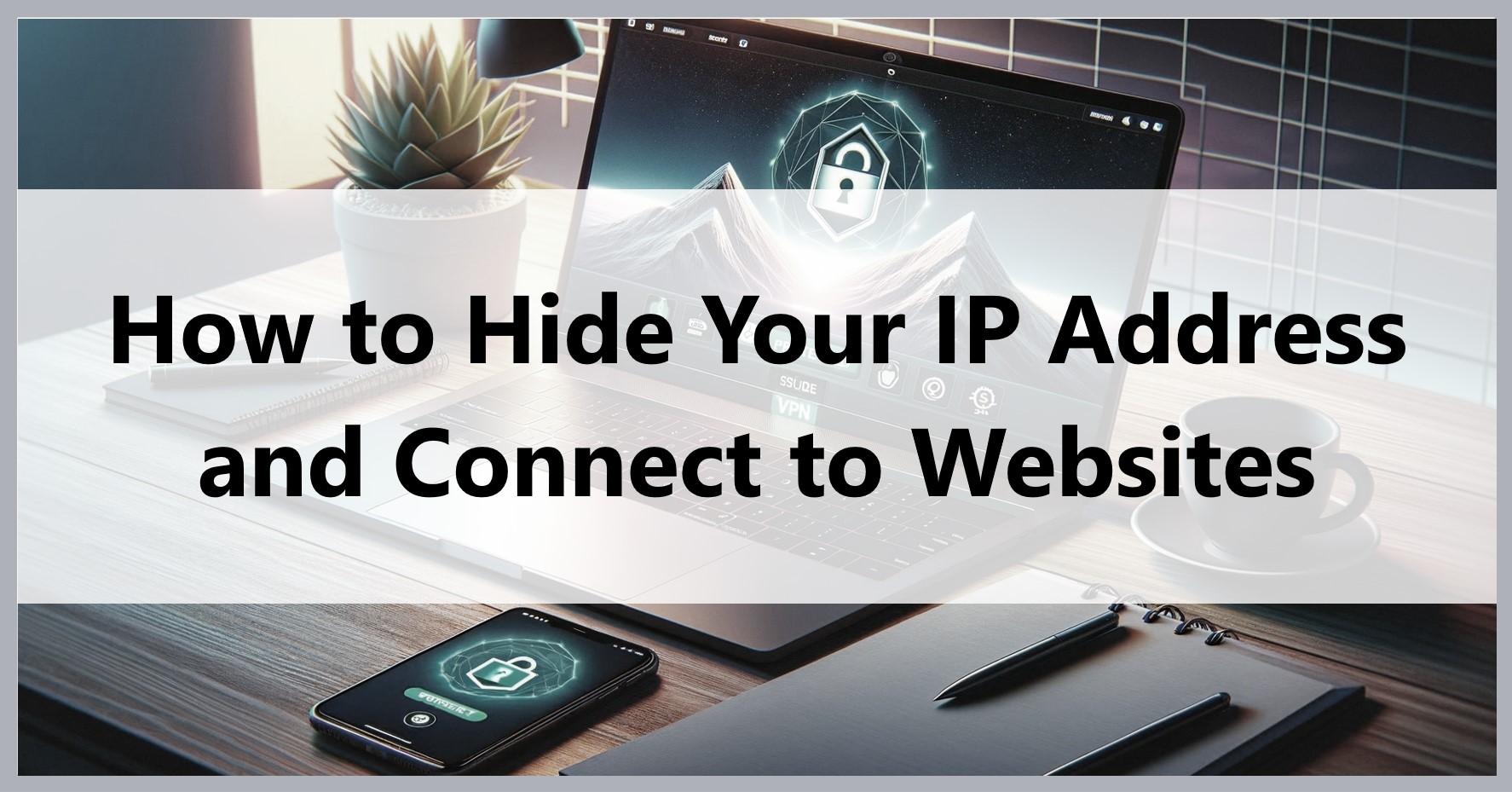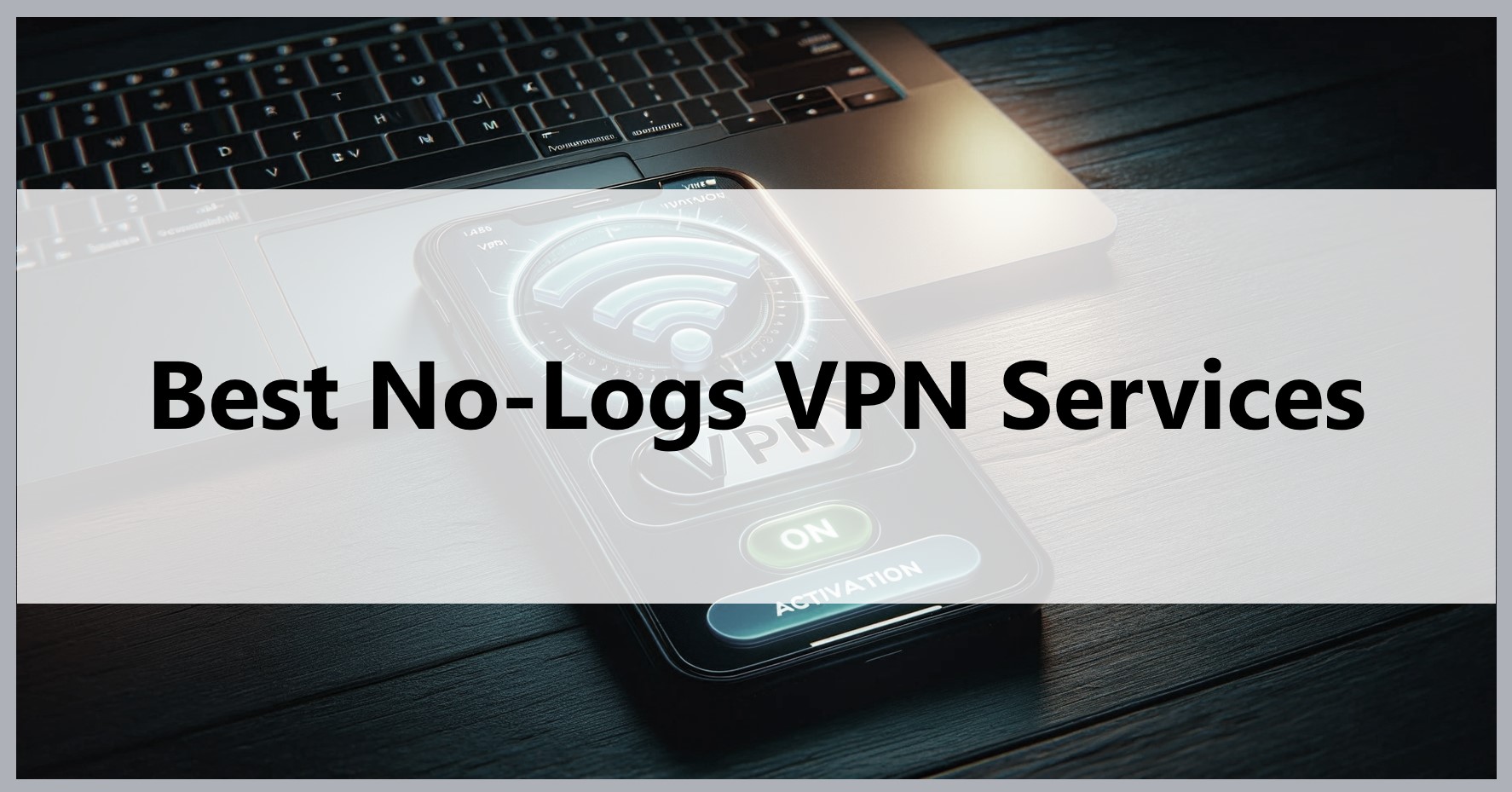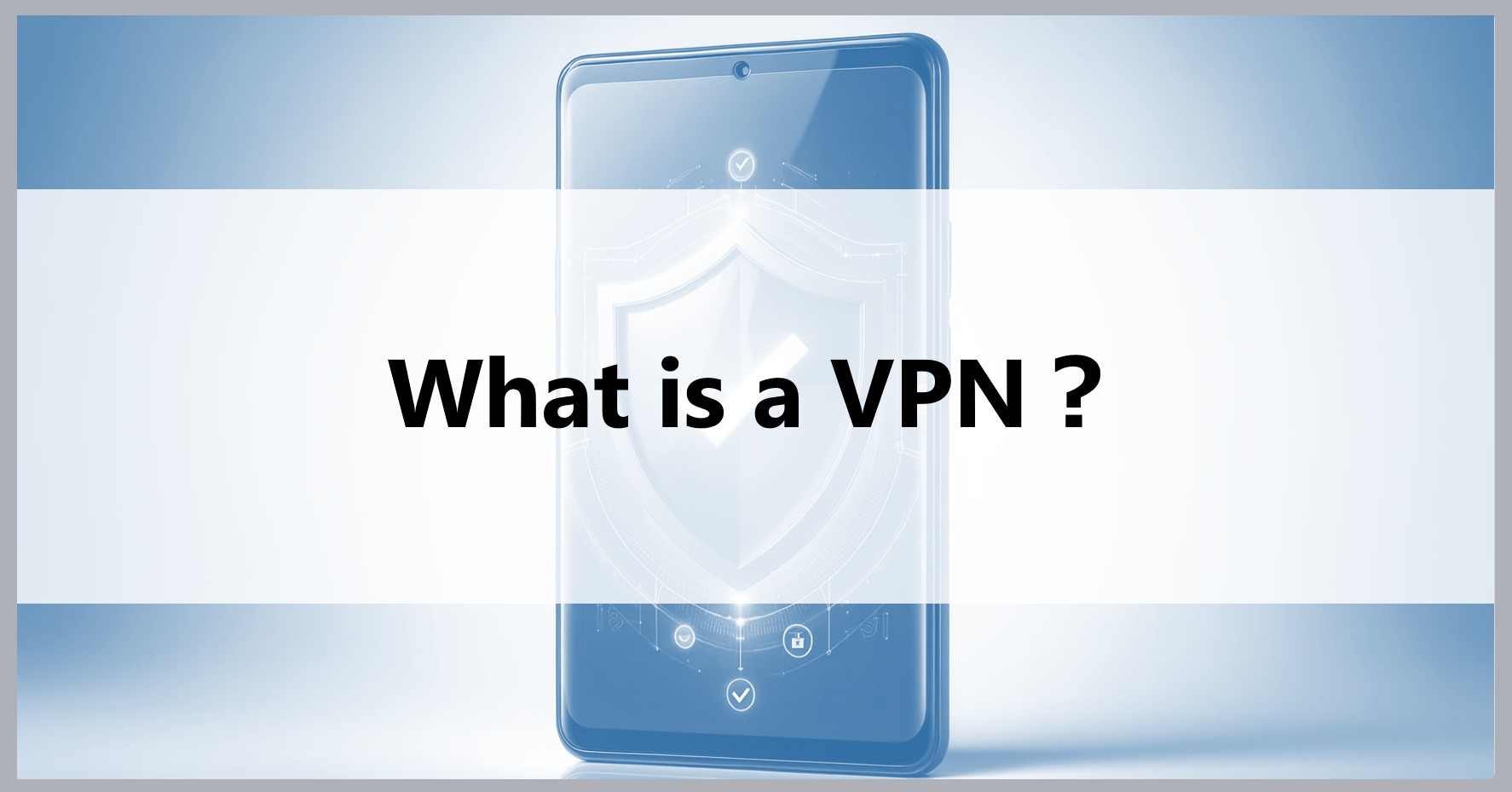Many VPN-related terms can be complex and not immediately intuitive. In this guide, we will explain some of the key VPN terms to help demystify them.
AES (Advanced Encryption Standard)
AES is a robust data encryption technology used to secure communications between devices. Established by the United States as the government’s standard encryption protocol, it is one of the most secure encryption standards currently in practical use. AES is also implemented in the European Cryptographic Standards and the Japanese e-Government Recommended Ciphers List. Its strength and reliability make it a preferred choice for encrypting VPN connections, ensuring high levels of data security.
Browser Extensions
Browser extensions are add-ons that enhance the functionality of internet browsers like Chrome and Edge. They allow users to access additional features directly within their browser, eliminating the need to open separate applications. Many major VPN services, including ExpressVPN and NordVPN, offer browser extensions for VPN connections. With these extensions installed, users can easily activate the VPN directly from their browser without opening a separate app.
Geoblock (Regional Block)
Geo-blocking is a technology used to limit access to web content based on the geographical location of the user. Websites typically use IP addresses to determine who is subject to geo-blocking. For instance, a site offering content exclusively in the U.S. might restrict access to users with U.S. IP addresses while blocking those from other countries. Using a VPN can circumvent geo-blocking by masking your real IP address, making it appear as if you are accessing from a permitted location, like the U.S., even when you’re abroad. This allows you to bypass regional restrictions and access content freely.
IKEv2 (Internet Key Exchange version 2)
IKEv2 is a protocol used in the exchange of encryption keys within the IPsec suite of protocols. It is known for its speed and stability, especially in maintaining VPN connections over changing networks, like switching from Wi-Fi to mobile data. IKEv2 is widely supported across many operating systems, making it a popular choice for VPN implementations.
IP Address
An IP (Internet Protocol) address functions as a unique identifier for each internet connection, akin to a physical address in the digital world. It typically consists of four sets of one to three-digit numbers, such as 192.168.0.1. An IP address not only facilitates internet communication but can also provide information about the user’s geographical location, the device being used, and the internet service provider. While IP addresses are fundamental for navigating the internet, they can also pose privacy risks if exposed. A VPN can effectively mask your IP address, enhancing privacy by making your online actions less traceable.

IP Leak
An IP leak occurs when a user’s real IP address is inadvertently exposed online, despite being connected to a VPN. This can happen due to flaws in the VPN service or incorrect configuration settings. IP leaks are particularly concerning for users relying on VPNs for anonymity and privacy, as they nullify the VPN’s purpose of concealing the user’s IP address. Notably, some free VPN services have been reported to have issues with IP leaks, highlighting the importance of choosing a reliable VPN provider.
IPsec (Internet Protocol Security)
IPsec is a suite of protocols for securing internet protocol communications by authenticating and encrypting each IP packet of a communication session. It is widely used for creating secure connections over the internet, including VPNs. IPsec provides robust security at the network layer, ensuring that data transmitted over the internet is protected from unauthorized access and tampering, making it ideal for confidential communications.
IPv4 (Internet Protocol version 4)
IPv4 is the fourth version of the Internet Protocol, and it has been the standard for IP addresses for many years. Each IPv4 address is composed of 32 bits, resulting in over four billion possible unique addresses. However, due to the exponential growth of the internet and connected devices, the pool of available IPv4 addresses is becoming increasingly scarce, leading to the need for a new protocol.
IPv6 (Internet Protocol version 6)
IPv6 is the successor to IPv4 and is designed to address the shortage of IP addresses. It uses 128-bit addresses, creating an exponentially larger number of possible addresses (2^128), effectively ensuring an almost limitless supply for the foreseeable future. Although not as widely implemented as IPv4, IPv6 offers several advantages, including increased address space, improved efficiency, and enhanced security features. Its adoption is gradually increasing as the demand for more IP addresses grows.
Kill Switch
A kill switch is a critical security feature in VPN services. It automatically cuts off the internet connection if the VPN connection drops unexpectedly. This is particularly important for maintaining privacy; without a VPN, your true IP address could be exposed to the websites you are visiting. The kill switch ensures that, in the event of a VPN dropout, your internet connection is terminated immediately, preventing any potential IP address leaks. Most leading VPN services, like ExpressVPN and NordVPN, include a kill switch as a standard feature, often giving users the option to enable or disable it according to their preference.
L2TP (Layer 2 Tunneling Protocol)
L2TP is a VPN protocol that facilitates the tunneling of data traffic. It is commonly paired with IPsec (as L2TP/IPsec) to provide encryption and secure authentication, as L2TP itself does not include encryption capabilities. This combination of L2TP with IPsec results in a highly secure VPN protocol, widely used for its robust security features.
Logs
Logs refer to records of internet activity maintained by computers, websites, internet service providers, and VPN providers. These records can be used to track users and their online behavior. While logs can facilitate user tracking and activity monitoring, they also pose significant concerns regarding internet privacy and security. This is why the no-log policy of VPN providers is crucial for users who prioritize their online privacy.
No Log Policy
A no-log policy refers to a commitment by VPN providers to not retain logs of user activity on their VPN servers. This means that any internet activity conducted during a VPN connection remains untraceable, a crucial feature for users concerned about online privacy and security. Top VPN companies such as ExpressVPN and NordVPN often undergo third-party audits and publish the results to verify their adherence to no-log policies, reinforcing the trust in their services for maintaining user privacy.

OpenVPN
OpenVPN is a versatile open-source VPN protocol known for its high level of security and flexibility. It’s capable of establishing secure and encrypted VPN connections, making it one of the most trusted VPN protocols in the industry. OpenVPN is lauded for its strong encryption standards and is adaptable to various types of network environments, which contributes to its popularity and widespread use.
PPTP (Point-to-Point Tunneling Protocol)
PPTP is one of the oldest types of VPN protocols, known for its simplicity and ease of setup. However, in recent years, it has become less favored due to concerns over its security. PPTP is now generally considered outdated and insecure compared to more modern VPN protocols. Its vulnerabilities and weaker encryption make it a less recommended option for those seeking strong security and privacy
VPN
VPN stands for Virtual Private Network. It is a technology used to establish a secure and private network connection within a larger public network. A VPN encrypts all data communications, ensuring that the information exchanged cannot be read by third parties. The primary purpose of using a VPN is to enhance internet privacy and security. Additionally, due to its ability to mask or change IP addresses, VPNs are also popular for purposes like accessing geo-restricted content and maintaining anonymity online.

VPN Client
A VPN client is software or an application that enables users to establish a connection to a VPN service. There are two main types of VPN clients: those that are publicly available and those that are proprietary, provided exclusively by VPN service providers. Proprietary VPN clients often come with additional features, such as automatic connections to high-speed servers and kill switches, which enhance security and user experience.
VPN Protocol
A VPN protocol is a type of encryption and authentication used to establish a secure VPN connection. Although there is a wide variety of VPN protocols. The most well-known protocols include OpenVPN, PPTP, and L2TP.
VPN Server
A VPN server, provided by a VPN service, plays a crucial role in establishing a VPN connection. It acts as an intermediary between the VPN user and the internet. When a VPN connection is established, the VPN server facilitates the data exchange between the user and the websites they visit, ensuring that the user’s data is encrypted, and their real IP address is concealed for increased privacy and security.